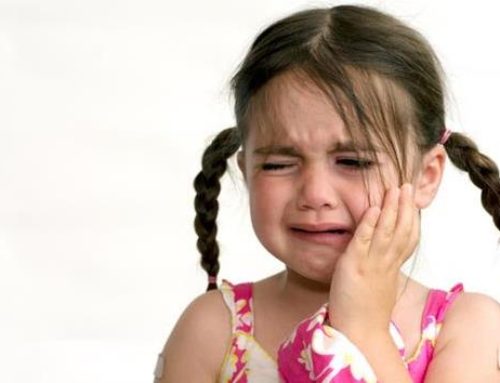Divorce is difficult for everyone involved, but particularly for the children. At each age and stage your child will understand and absorb it all very differently. Besides the chaos and turmoil that is going on with their parents, they are also dealing with their own specific developmental stages as well.
Think of your teenager who is in the process of separating from her parents and becoming her own person and individual with her own opinions, thoughts, views of the world and interests. For most teens as they develop along their path, they spend less and less time with their parents and more and more time with their friends. School gets harder and more demanding of time and attention, and social issues arise quite frequently for many as they attempt to find their own voice and their own place in their social world. Parents who are divorcing when their kids are teens might misinterpret this distancing as solely due to the divorce instead of the combination of the divorce and normal teenage development.
It is important to remember that although they are older that you should not parentify your teen (which also occurs in intact families) by giving them more responsibilities and demands as well as by confiding in them information that is not appropriate for them to hear (e.g. discussing your dating or sharing details about an argument with their other parent.) This can lead to more anxiety, depression and anger against you. Be mindful that although they are older they are still children and still the child of both yourself and your soon to be ex-spouse.
Teenagers are at the age when they start having or thinking of having romantic relationships so speaking to them about relationships in general is very important at this time. They might feel they can not trust others or might not want to put in the effort in their own personal relationships in the future. Your teen should understand that the problems in your marriage had nothing to do with them but had to do with the specific relationship between you and your ex and that not all relationships need to be the same way. Tell them that what they see happening in your home is not the way two people who love and respect each other should be and that they can learn what not to do by watching what you and their other parent are going through. Ask your teen what she thinks a healthy relationship should look like. As with any conversations you have with your teen, remember it is important that you remain calm and focused.

